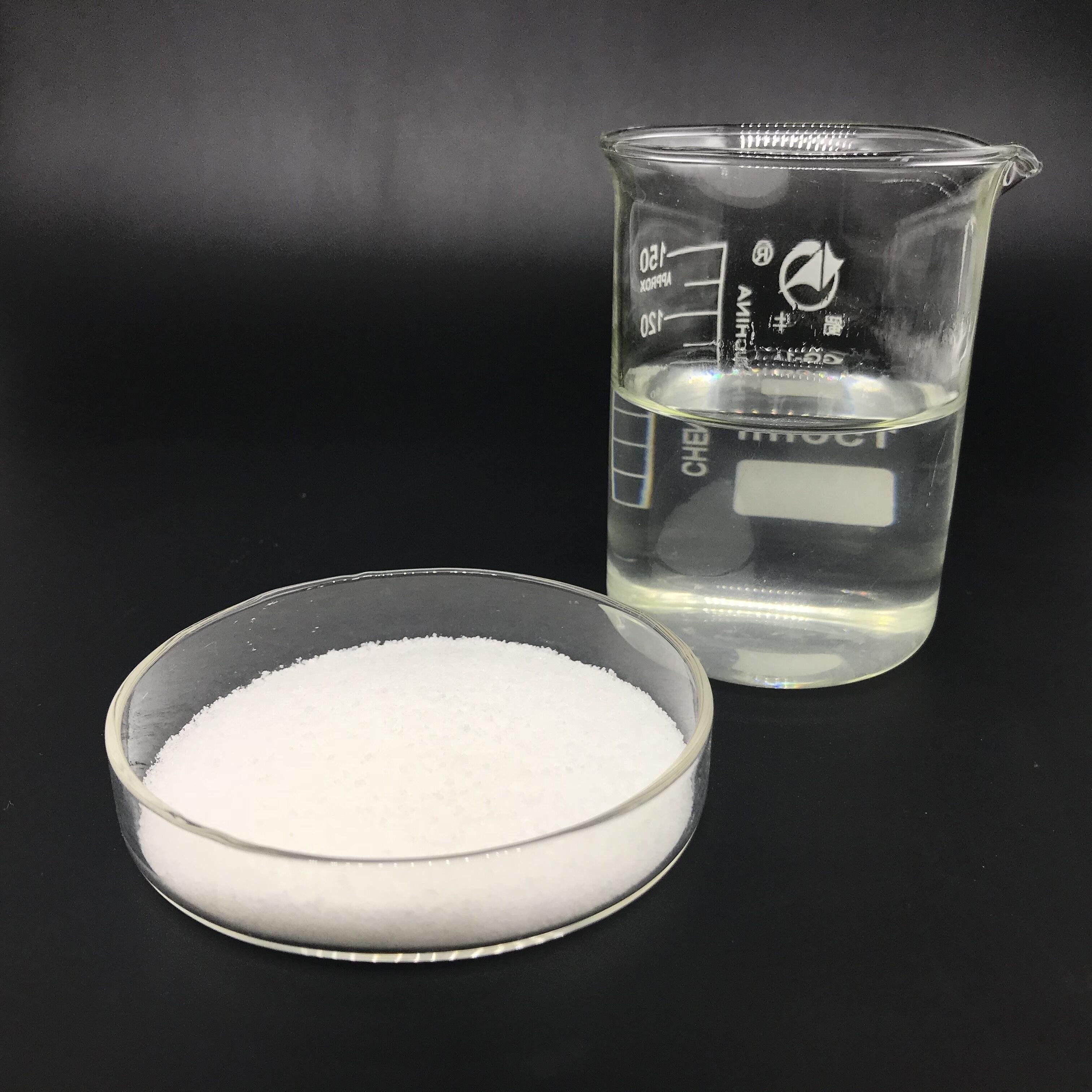Polyacrylamide: A Versatile Synthetic Polymer Used in Various Industries and Applications
What is PAMs?
PAMs is a water-soluble non-ionic polymer made from acrylamide subunits through free-radical polymerization. It comes as a white water-soluble powder and has a chemical formula of (C3H5NO)n. Simply put, PAMs is a long-chain synthetic molecule made up by the polymerization of acrylamide monomers. PAMs is a highly water-absorbent substance and can retain up to 200-600 times its mass in water.
Uses of Polyacrylamide in Flocculation
One of the main uses of PAMs is in waste water treatment and mining via a process called flocculation. In flocculation, PAMs polymers are added to suspensions containing small suspended particles like sediments, algae, heavy metals etc. The long molecular chains of PAMs bind to the particles and form larger, easily settleable clumps called flocs. This allows for faster and more efficient solid-liquid separation processes like sedimentation and filtration. PAMs flocculants are commonly used in water treatment plants and mining operations to purify water and recover valuable minerals.
Applications in Paper Manufacturing
PAMs finds applications in paper manufacturing processes as well. It is added to pulp and paper mill wastewater streams during treatment to remove suspended fibers and fillers. This improves the drainage rate by coagulating fine particles and increasing the consolidation rate when dewatering paper sludge. PAMs is also used as a binder and strength agent in the wet end of paper making to increase physical properties like tensile strength, burst strength and fold endurance of paper products.
Uses in Enhanced Oil Recovery
Due to its ability to increase viscosity, PAMs is used extensively in enhanced oil recovery (EOR) techniques. In EOR processes like polymer flooding, a dilute solution of PAMs is injected into oil reservoirs after conventional methods to increase the mobility of the displacing fluid. The high molecular weight PAMs solutions form a polymer bank that sweeps through the reservoir and tends to drive more oil toward the production well by improving microscopic displacement efficiency. This technique can extract 10-15% additional oil from mature oilfields.
Applications in Agriculture
PAMs also has beneficial uses in agriculture. It is used as a soil conditioner to help retain moisture and nutrients in soil. When applied to soil, PAMs absorbs water and prevents runoff, thereby conserving water. It also seals micro cracks in soil to reduce loss of moisture and small fertilizer particles. This leads to better water efficiency and increased crop yields. In hydroponics systems and greenhouse soils, PAMs acts as a water retaining agent that allows for controlled release of water to plant roots.
Role in ConstructionDue to its moisture absorbing property, polyacrylamide plays a key role in construction. It is added to concrete mixtures as a superplasticizer or water reducing admixture to improve workability. PAMs allows concrete to be mixed at lower water-cement ratios without compromising on slump or flow properties. This leads to stronger, more durable concrete structures. It is also used to manufacture grouts and floor leveling compounds with self-leveling and self-curing properties. PAMs based compounds fill cracks, level floors and bond building surfaces.
Uses as a Thickening Agent
Because of its high molecular weight and hydrophilic nature, PAMs has superb thickening properties. It is widely used as a thickening agent in various industrial and consumer products like paints, coatings, adhesives, cosmetics, pharmaceuticals and foods. PAMs helps increase viscosity without significantly affecting other product properties. It provides stable viscosity even under low shear/high stress conditions. Some common applications as a thickener include its use in low-fat foods, shampoos, lotions, syrups, soups and metalworking fluids.
Applications in Biotechnology
Due to biocompatibility, PAMs also finds applications in biotechnology and biochemical engineering processes. It is often used to prepare gels and beads for electrophoresis, isoelectric focusing and chromatography techniques in laboratories. PAMs gels serve as excellent media for separation, isolation and purification of biomolecules like proteins, nucleic acids and enzymes. In medicine, hydrogels made of PAMs are being researched for use in tissue engineering, artificial skin, soft contact lenses and drug delivery.
In summary, polyacrylamide is a versatile synthetic polymer with wide applications across industries owing to its water solubility and moisture absorption properties. It acts as an efficient flocculant, thickening agent, soil conditioner, plasticizer, strengthening additive and supports various biochemical separation processes. With continued innovation, new uses of PAMs will likely be discovered, cementing its important role in science, engineering and technology.

